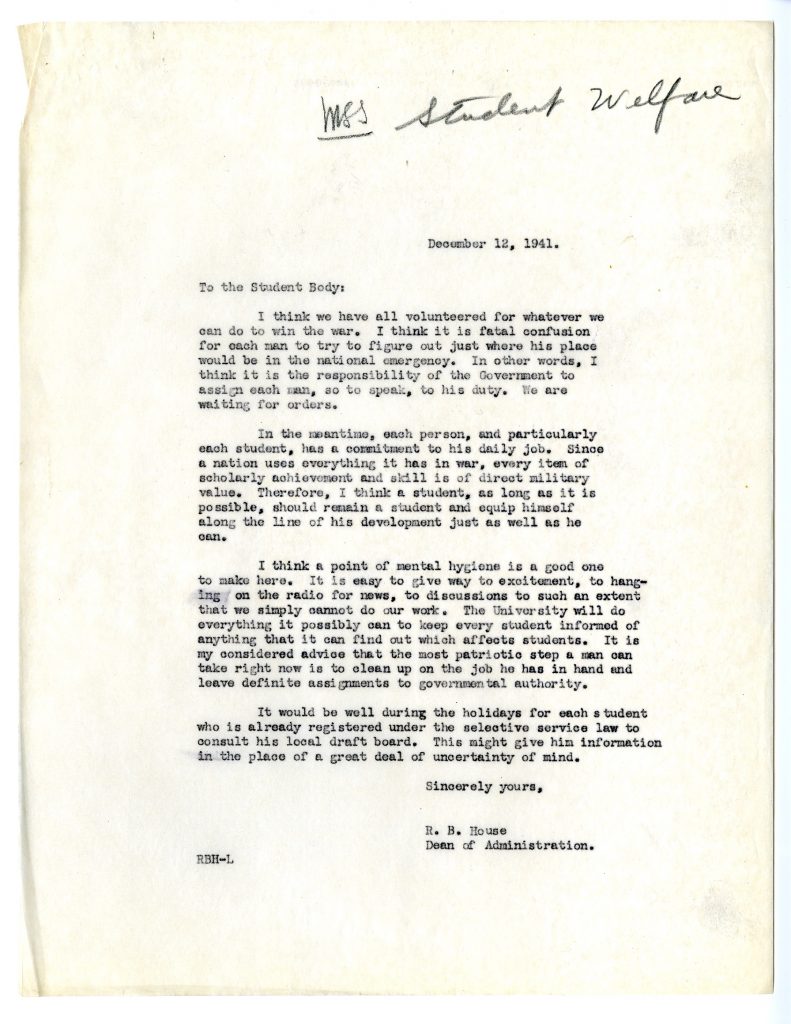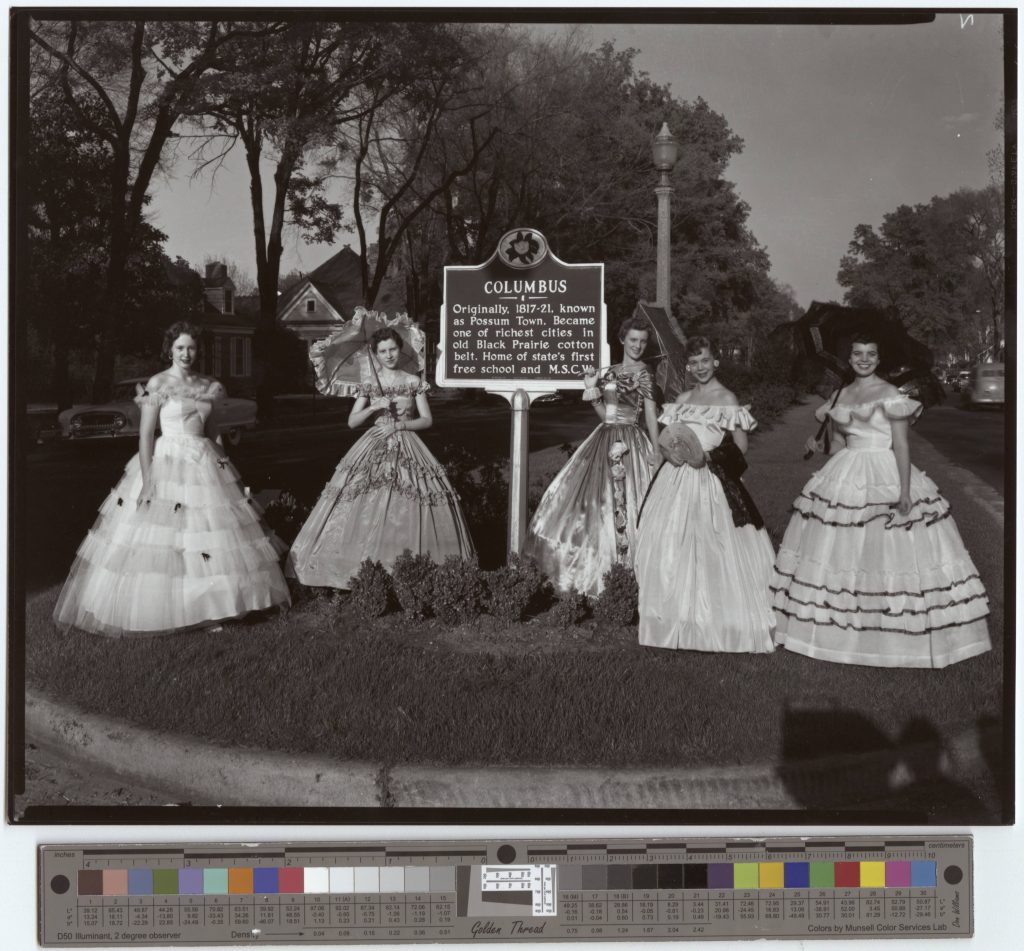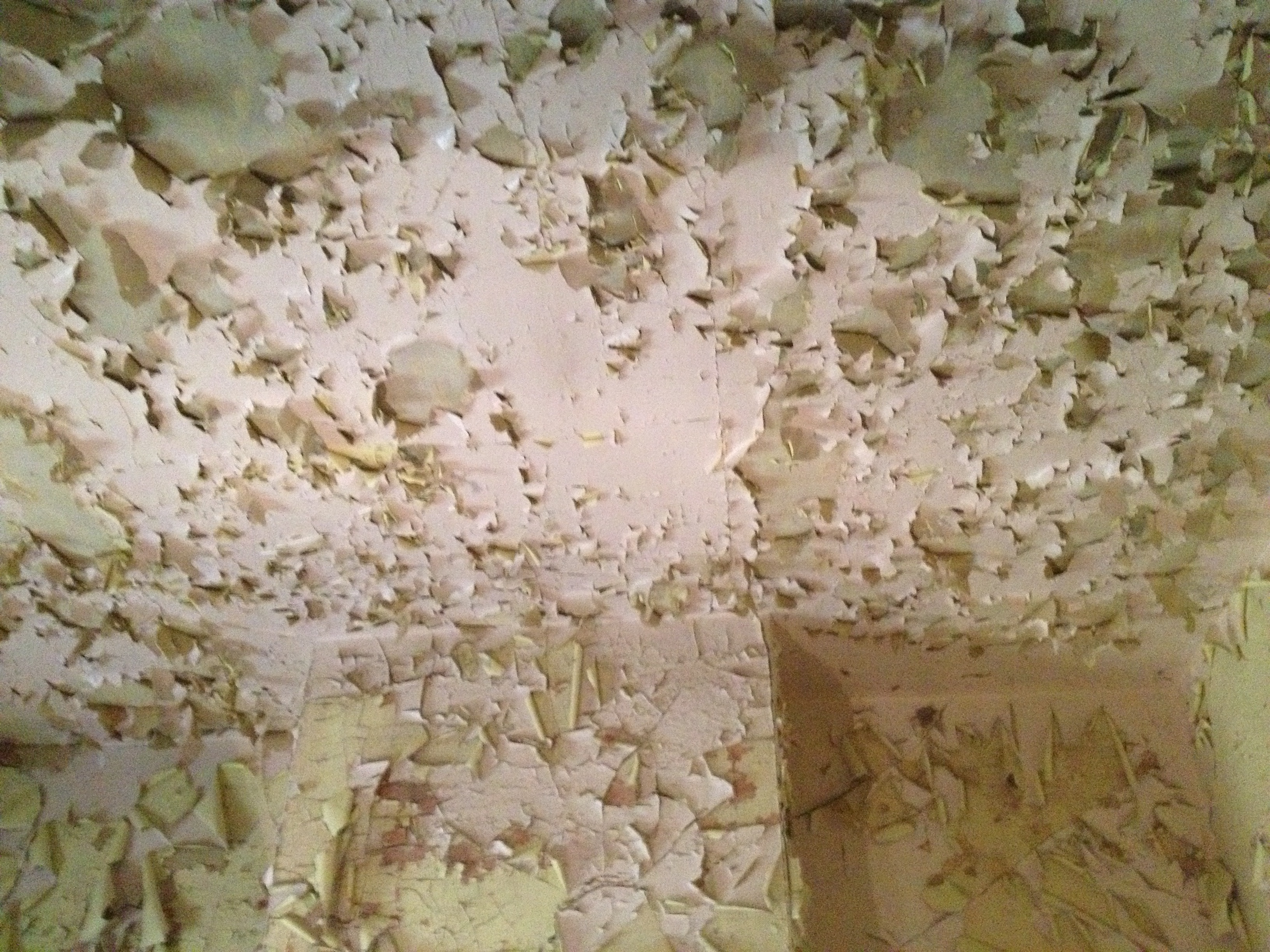The documentation of African American “spaces and places” has been identified as a goal of the Southern Historical Collection, and to that end we have successfully partnered with the Historically Black Towns and Settlements Alliance (HBTSA). We are working with the leaders and community members of various towns to help them leverage their impressive histories to generate cultural tourism and a sense of pride among their citizens. The SHC curatorial team has made visits to these towns to examine archival materials for research and historic value, as well as making recommendations about preservation and potential community documentation initiatives.
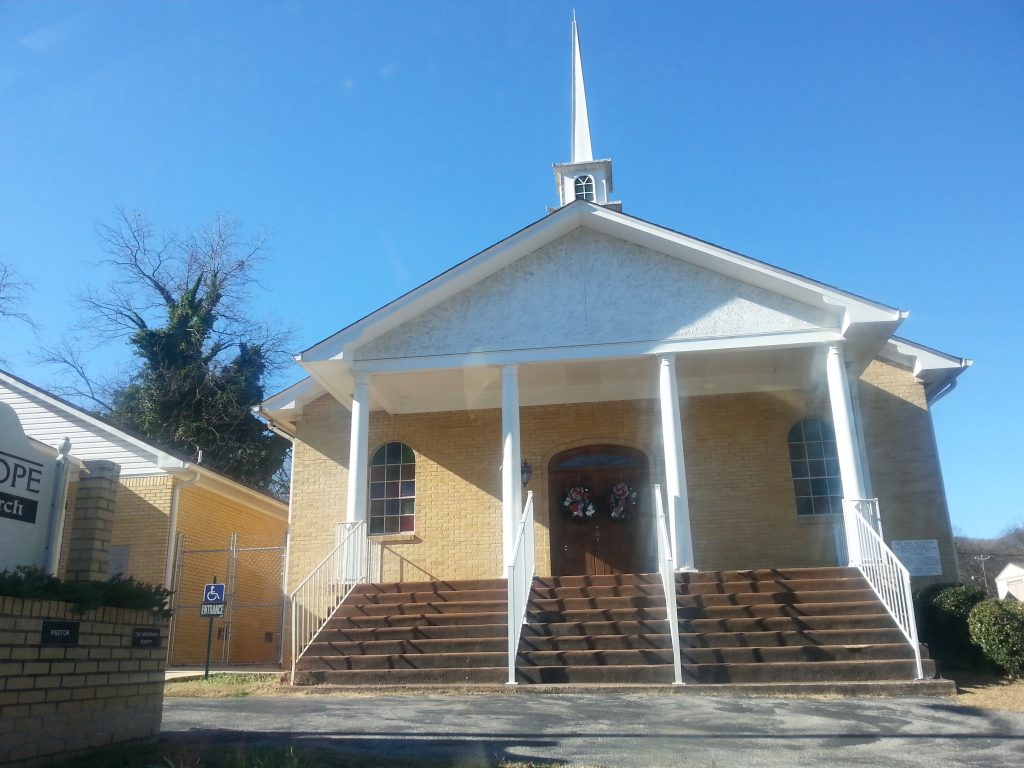
In the second week of December 2014, I had the pleasure of visiting both Hobson City and Tuskegee, Alabama.
Hobson City, Alabama was founded in August 1899 by a group of African Americans when they were politically excluded from the neighboring town of Oxford, Alabama. This made Hobson City the first all Black municipality in Alabama. Through changes in society, industry, and the economy; the town has maintained itself for 115 years. My hosts shared with me the incredible significance of the Calhoun County Training School, the five local churches, and Holloways (a club that was a stop on the illustrious chitlin circuit). One of the highlights of the trip was the delicious barbeque ribs and coleslaw from Brad’s BBQ!
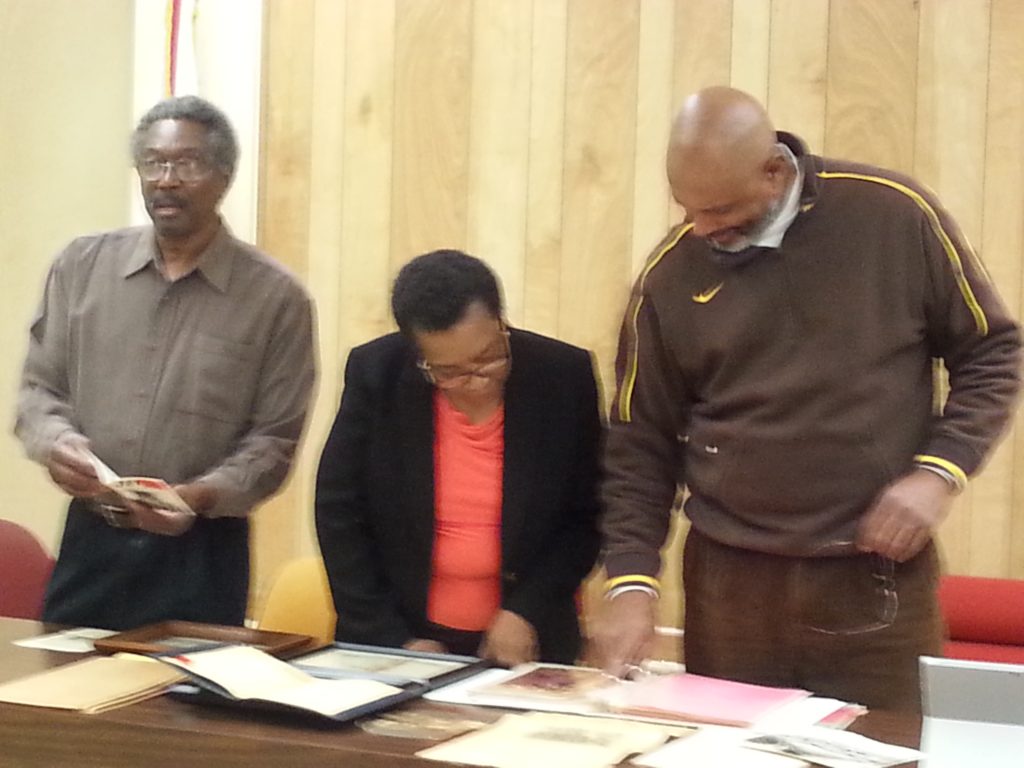
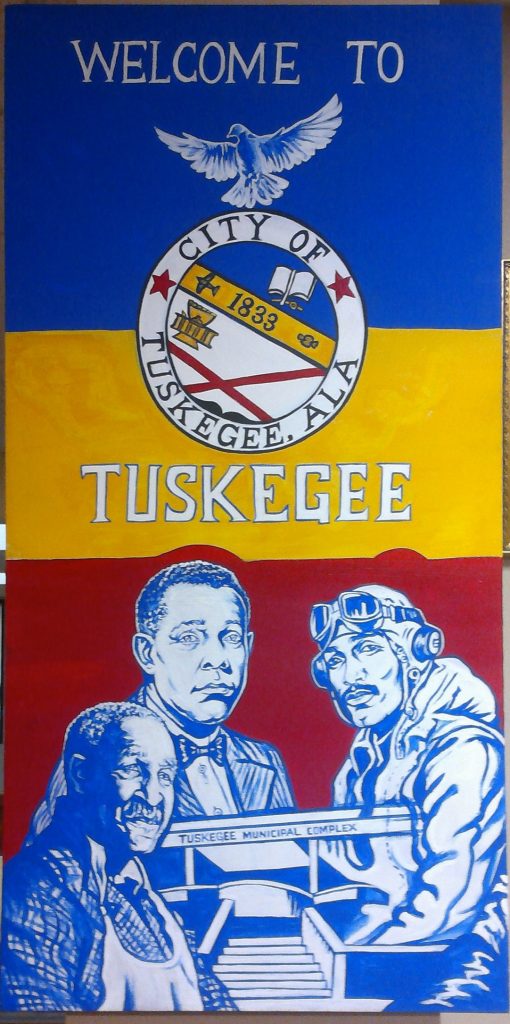
I thought that I knew a lot about Tuskegee; starting with the University, Booker T. Washington, George Washington Carver, the Tuskegee Airmen, and the Syphilis Experiment. While all of these elements are commemorated in museums and archives, there is a history of a community in Tuskegee that is not very well known. In the 1923, a Veteran’s hospital, staffed by Black doctors and nurses, was established to care for Black soldiers who fought in World War 1. Dyann Robinson, formerly of the Dance Theater of Harlem is the artistic director of the Tuskegee Repertory Theater. Deborah Grey is the director of the Tuskegee Civil and Human Rights and Multicultural Center which tells the story of Tuskegee from the original indigenous inhabitants to the election of its first Black mayor, Mr. Johnny Ford, in 1972.

Both visits were incredibly informative and signal the beginning of a long series of partnerships between the Southern Historical Collection and diverse communities throughout the American South.



